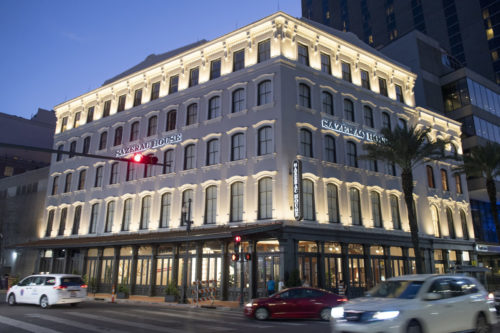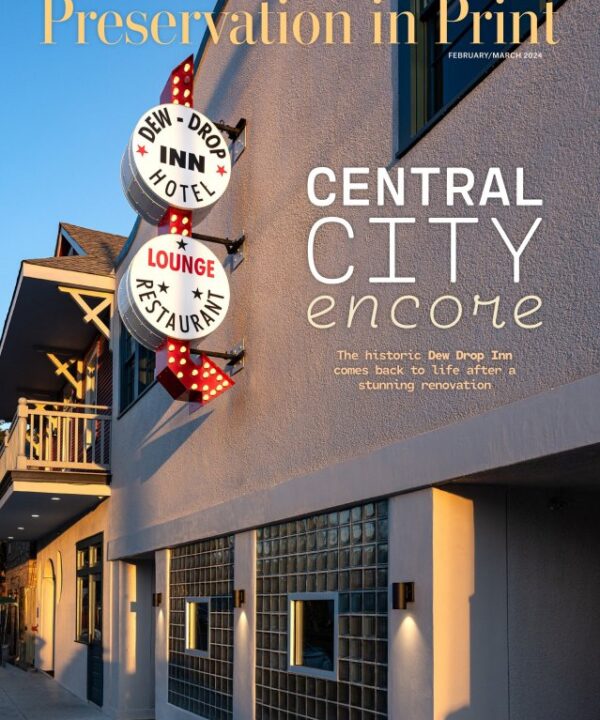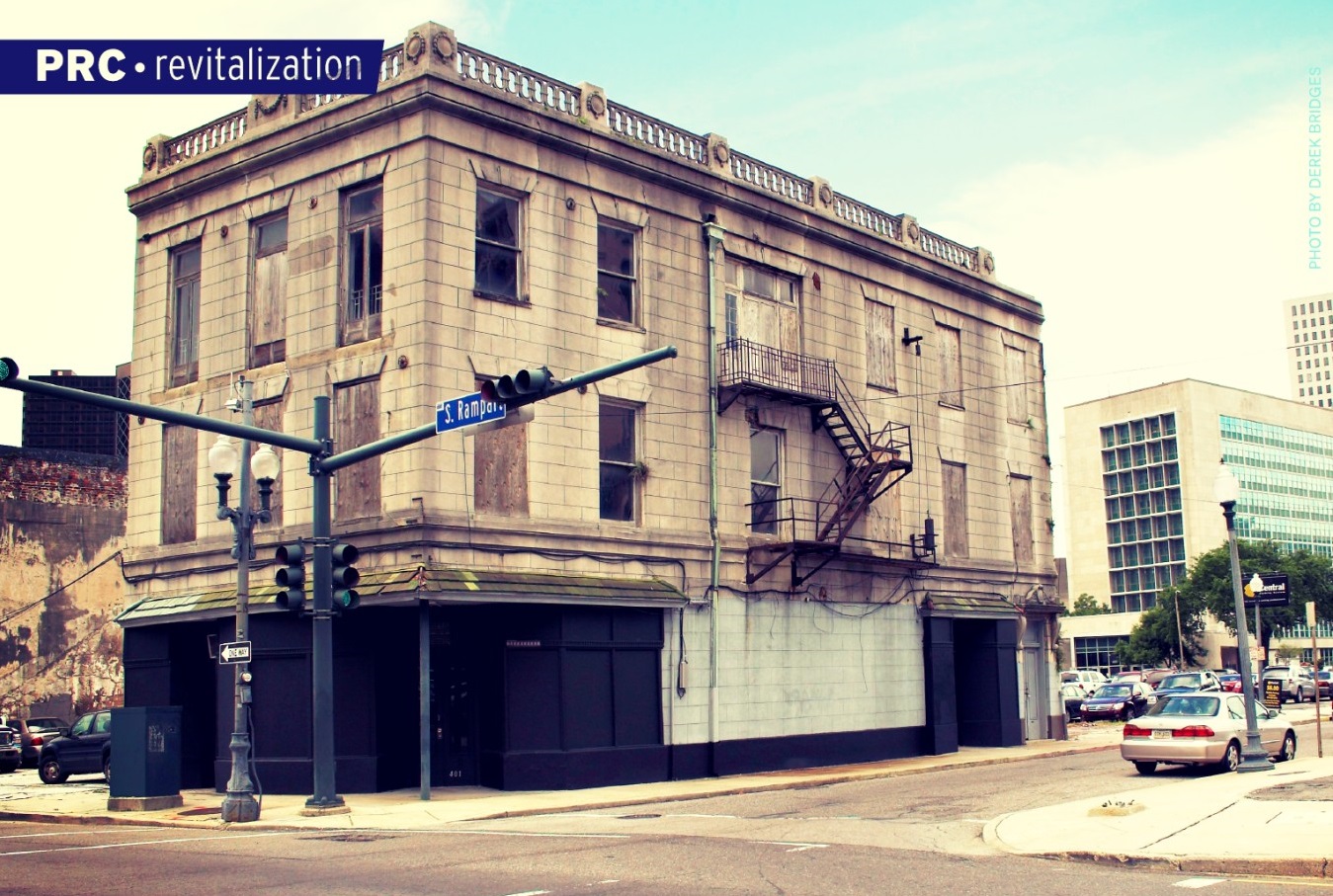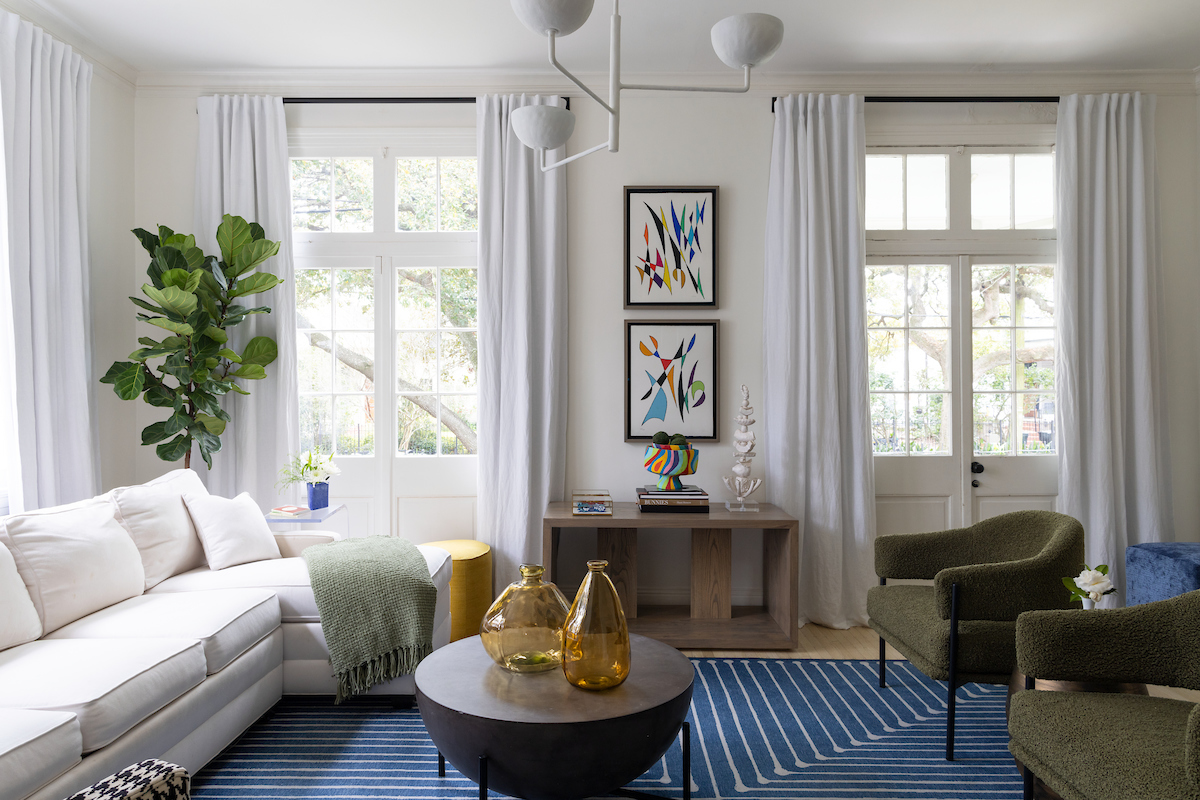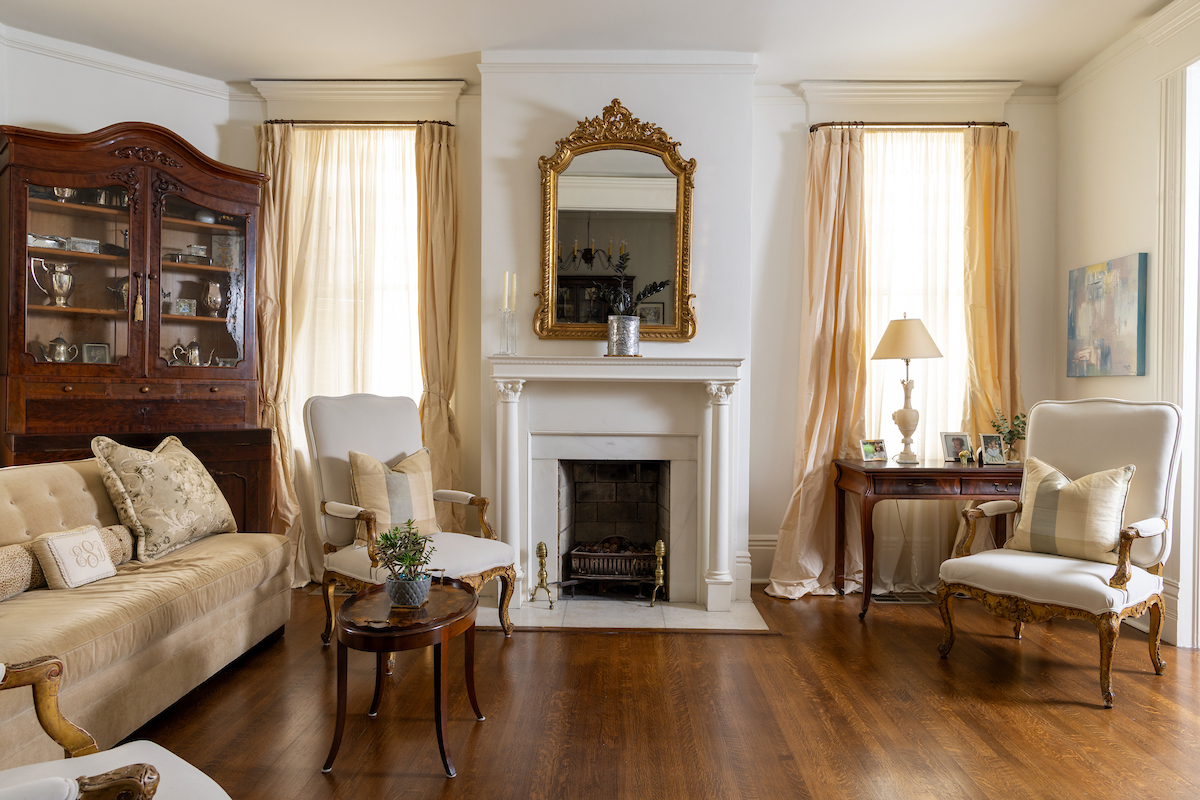The Eagle Saloon Building at 401 South Rampart St. has served many functions since it was first built over 150 years ago.
Although it now stands empty, the three-story building has hosted an undertaking parlor, a pawnshop and an insurance company. It was also the spot where the Zulu Social Aid and Pleasure Club began and ended jazz funerals in the 1950s.
But what makes the Neoclassical Revival-style building truly historic is what happened around the end of the nineteenth century, when it hosted Buddy Bolden, a pioneering musician who would become known as one of the fathers of jazz.
Then known as the Masonic and Odd Fellows Hall, Bolden played at the location from 1898 through 1906, and his band took up residence at what became the Eagle Saloon the year after Bolden was institutionalized for schizophrenia in 1907.
Within 10 years, a young Louis Armstrong began selling coal in nearby Storyville, which brought him into the orbit of the Eagle Saloon.
The rest is musical history.
The Eagle Saloon has passed through a succession of owners through the years, falling into disrepair along the way. But now, a new group dedicated to breathing new life into the historic structure is making progress toward their goal.
A nonprofit called the New Orleans Music Hall of Fame now owns the property and is overseeing the complete restoration of the saloon. Board member Avery Foret, along with fellow board members Mike Sherman, “Deacon” John Moore, and Pat James, are spearheading the revitalization effort along with a mix of cultural ambassadors.
“These structures have been vacant for a while, so the crews are constantly uncovering what the state of
everything is as they go,” Foret said. “They have replaced all the floor joists between the first and second floors, and now we’re moving on to the second and third floors.”
The building has also required masonry work and other updates, and the exterior has been thoroughly cleaned. The roof, which was replaced a few years ago, is still in good condition, but much of the interior had to be replaced.
The next step, once the first phase is completed, will be finding new tenants.
“We are trying to identify the perfect tenants for the location,” Foret said. “The vision has always been to have the first floor be a music club of some sort. The second and third floor would be a variety of either museum exhibit space or youth education, or both. We would love to have a few nonprofits end up in there. We are very much in the beginning phases of identifying those tenants that would be a good fit.”
The location, steeped as it is in music history, will continue to be a home base for musicians of all stripes into the future.
In order to drum up public support for putting the Eagle Saloon back on the map, several of the New Orleans Music Hall of Fame’s cultural ambassadors hosted a pop-up show at the location on South Rampart Street.
Leading the way on trombone was “Big Sam” Williams, Buddy Bolden’s great-grandson.

